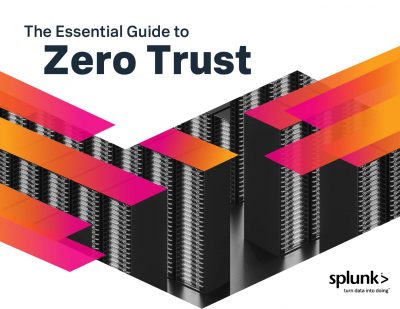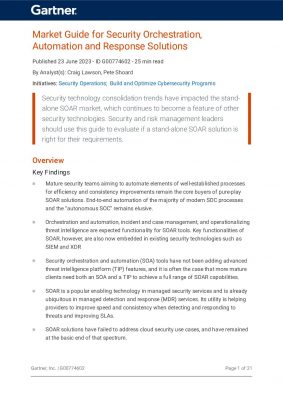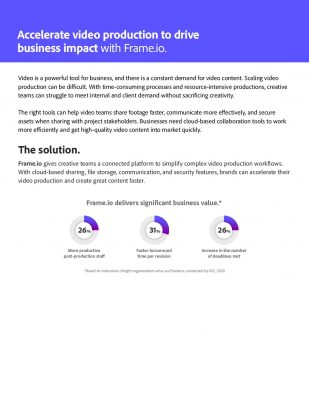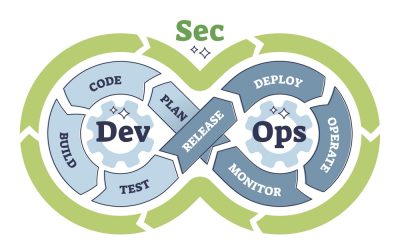Highlights:
- Offering free cloud credits is a common strategy used by major cloud providers like Google Cloud and Microsoft Azure.
- For generative AI companies, free cloud credits are enticing because AI training demands vast computational resources that can deplete their cash reserves quickly.
Amazon Web Services (AWS) plans to spend USD 230 million in AWS cloud credits to generative artificial intelligence startups. This initiative aims to keep AWS at the forefront of the cloud computing industry, which is increasingly focused on attracting AI companies.
The company will offer complimentary credits to early-stage generative AI startups, enabling them to utilize its computing power, diverse AI models, and specialized infrastructure and services, with the goal of encouraging these startups to build their businesses on its cloud platform.
AWS already distributes approximately USD 1 billion in cloud credits annually to various startups, but this initiative is specifically aimed at emerging generative AI companies seeking to launch their businesses.
Matt Wood, AWS’s Vice President of Artificial Intelligence Products, stated that the initiative is intended to assist startups in launching and scaling their businesses. He said Amazon is “providing the building blocks they need to unleash new AI applications that will impact all facets of how the world learns, connects and does business.”
Wood noted that with unrestricted access to AWS cloud resources, startups can iterate rapidly and adjust their strategies as necessary. “Ultimately, when they hit on that home run, they’ll be able to double down and get to the scale with security, responsibility and consistency,” he said.
A portion of the USD 230 million commitment will be allocated to funding the second cohort of Amazon’s Generative AI Accelerator program. This incubator aims to discover the most promising startups in the field. Participating startups can receive up to USD 1 million in AWS credits, along with access to Amazon’s AI experts, mentorship, and introductions to investors.
The 10-week program targets generative AI startups developing products and services in sectors like financial services, life sciences, healthcare, media, entertainment, and sustainability. Startups accepted into the program can use the credits to build, train, test, fine-tune, and launch their generative AI models. Moreover, they will have the chance to participate in Nvidia Corp.’s Inception program, which provides access to extra resources and expertise.
Offering free cloud credits is a common strategy used by all major cloud infrastructure providers, such as Google Cloud and Microsoft Azure. They utilize these credits to entice startups to establish and grow their businesses on their platforms. If the startups succeed and grow, their demand for cloud resources will increase, eventually making them significant customers and generating long-term revenue for the providers.
Earlier this year, Amazon announced it was expanding its cloud credits program to offer free access to large language models from companies like Meta Platforms Inc., Cohere Inc., Mistral AI, and Anthropic PBC. These models are available through the Amazon Bedrock platform, which also offers a variety of developer tools for creating generative AI applications.
For generative AI companies, the offer of free cloud credits is highly appealing, as AI training demands substantial computational resources that can rapidly exhaust their cash reserves. In addition to accessing various large language models, AWS cloud credits cover computing, storage, and database technologies. They also provide access to AI-specific chips like Nvidia’s GPUs and Amazon’s Trainium and Inferentia2 processors.
AI is demonstrating itself as a lucrative growth area for cloud computing providers. In its latest earnings report, AWS reported a 17% revenue increase to USD 9.42 billion, driven largely by the growth in generative AI.
While generative AI presents a promising opportunity for cloud companies, AWS, and its counterparts are under scrutiny from antitrust regulators. Concerns have been raised that their control over AI resources could potentially stifle competition in the industry.
Earlier this year, the U.S. Federal Trade Commission initiated an investigation into how major technology companies are investing in AI startups. No charges have been announced as of yet, but the FTC has reportedly asked for more information from cloud providers.
Regulators in Europe and the U.K. are also examining the relationships between AI startups and U.S.-based cloud infrastructure providers.




































































